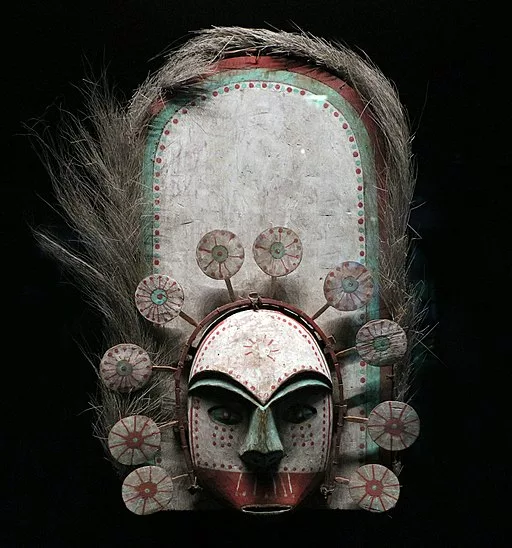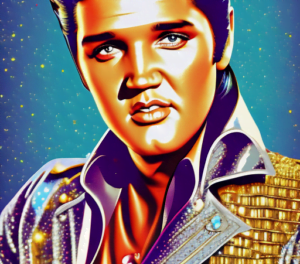Discovering the Spiritual Benefits of a Less Religious World: How Indigenous Cultures Show Us the Way to Greater Spiritual Connection

What was religion like before European Colonialism? I wondered how often indigenous cultures, generally speaking, discussed god in their day-to-day lives? And if they didn’t discuss god, how did that impact their psychology? Did it make them more “spiritual” or less? That’s when I discovered the Yupk people of Alaska. Being part Inuit/Eskimo…but being long-removed and not knowing anything about that aspect of my heritage, I was pleased to learn the following. I was raised believing I was part Blackfoot/Choctaw, and although my Uncle’s DNA says Inuit/Eskimo…I have none on my 23andme, he used Myheritage DNA…so. Back to my point. In researching the Yupik, I’m learning Indigenous cultures have long been known to have spiritual beliefs that involve a higher power or deity. In many cultures, this divine being was seen as the creator of the world and its people, and was often a central figure in their spiritual beliefs....
















